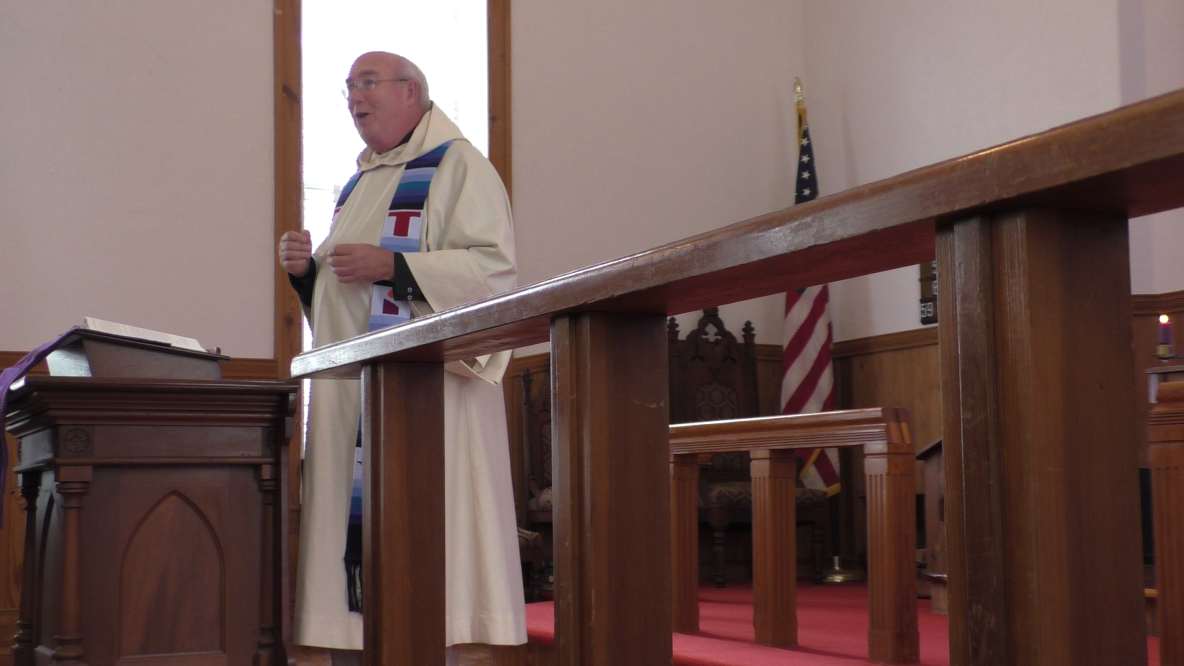Conversations Trinity Sunday (RCL Cycle B)/30 May 2021 Today is Trinity Sunday and it marks a transition from our past six months considering the life, death, and resurrection of our Lord Jesus the Christ to the long green season of Ordinary Time. This six-month long season goes by several names – the Season after Pentecost, […]
Tag: Sermon
Sermon, May 23, 2021 – Pentecost
Power to Change Happy Easter! Happy Birthday! Today is Pentecost! It has been fifty short days since we discovered the empty tomb and heard the good news of Jesus’ resurrection. This is the day in which the whole Easter season comes to a climax. The Holy Spirit descends like a rushing wind, and a new […]
Sermon, May 16, 2021
Now We Wait Easter VII (RCL Cycle B)/16 May 2021 Happy Easter! This week marks a shift in our life together as the Church. This past Thursday we observed the Feast of the Ascension. Jesus leaves final instructions and is taken up into heaven. His final instructions are to wait in Jerusalem until the Father’s […]
Sermon, May 9, 2021
How Do We Abide? Easter VI (RCL Cycle B)/9 May 2021 Happy Easter! Today Jesus is saying “farewell” to his disciples, and to us. This Thursday is the Feast of the Ascension. On that day, we will gather with the disciples on the crest of the Mount of Olives overlooking Jerusalem and watch as Jesus […]
We resumed in-person services on Palm Sunday. We hope to be streaming services from the church in the near future. In the meanwhile, here is a transcript of Father George’s sermon from this past week. Minding the Gaps Palm Sunday (RCL Cycle B)/28 March 2021 Today is Palm Sunday and marks the beginning of the […]
June 28, 2020 Sermon

Father George’s Sermon: Welcome (28 June 2020) “The Episcopal Church Welcomes You” this is the message of the ubiquitous blue and white signs that mark the way to a local parish church all over this country. When I travel noticing those signs have started many a side trip, or distraction, from the road. This morning’s […]
